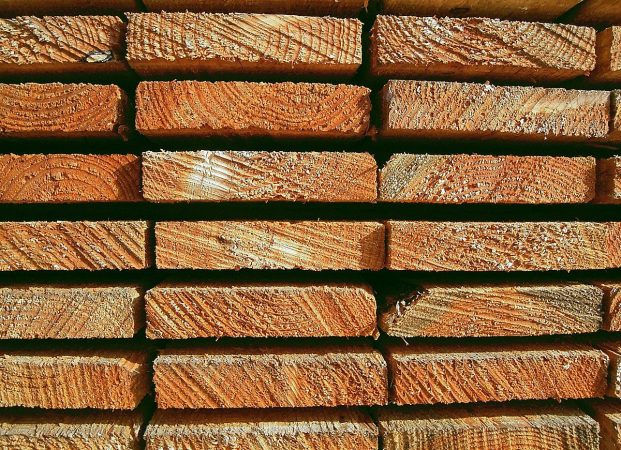
Softwood lumber dispute forces Quebec to hire special envoy while B.C. looks to Asia
by The Canadian Press

Roughly 60,000 people work in Quebec's forestry industry; the U.S. is B.C.'s largest market for softwood lumber exports at a value of $3.3 billion last year

PHOTO: Frank Vincentz, via Wikimedia Commons
Dominique Anglade added that she has requested a meeting with federal International Trade Minister Chrystia Freeland on Dec. 8 to discuss the softwood lumber dispute between Canada and the U.S.
The dispute reignited after American producers announced they were formally petitioning the U.S. government to impose duties against Canadian softwood lumber producers.
The U.S. lumber producers say Canadian lumber is being sold for less than fair value in the United States.
Roughly 60,000 people work in Quebec’s forestry industry and access to the U.S. market is considered critical to supporting those jobs.
Anglade said she wants the federal government to be proactive and put programs in place to support the industry. An official in Freeland’s department said she has agreed in principle to a meeting with her Quebec counterpart on Dec. 8.
Quebec has hired a former Canadian ambassador to the U.S., Raymond Chretien, to represent the province at the talks.
Chretien is meeting with U.S. officials next week and has said previously he expects very difficult negotiations.
Meanwhile, the looming trade dispute with its largest market for softwood lumber exports has British Columbia looking for new customers in China and India.
Mike de Jong, B.C.’s minister of finance, said Tuesday that America remains B.C.’s largest market for softwood lumber exports at a value of $3.3 billion last year, but the province is finding buyers in Asia.
De Jong said B.C. is preparing a defence along with other governments and the industry against potential U.S. challenges. But it’s also mounting expansion efforts to buffer the Americans.
“We are amplifying our efforts to do something we did around (the last) softwood negotiations and that is diversify our markets,” he said. “We have redoubled our efforts in India and are beginning to see results. We are in China now to further encourage efforts at reducing our dependence on a U.S. market that may become somewhat unpredictable.”
B.C. forest industry and government representatives are currently in Asia on a lumber trade mission and de Jong recently returned from India on a similar mission.
Steve Thomson, minister of forests, lands and natural resource operations, said in an interview from Shanghai, that B.C. lumber products are finding buyers in China.
“China is our second most important market, worth about $1.2 billion and continues to have lots of opportunities,” he said.
Council of Forest Industries president Susan Yurkovich said she is confident Canada and the United States can reach some kind of lumber trade deal.
“The growing U.S. economy is going to require our product,” said Yurkovich, who is also on the China trade mission. “Building and construction is a huge part of that continued recovery of the U.S. economy.”
De Jong said such a trade dispute has economic consequences for B.C. and Canada, but it also hurts millions of Americans whose jobs rely on trade.
“There are millions and millions of Americans who have jobs because of trade with Canada,” he said. “An interruption to that trade will put those Americans out of work. They need our wood.”
The 2006 softwood lumber agreement expired a year ago but a one-year standstill period kicked in to allow an attempt at resolution.
Since 1982, lumber trade between Canada and the U.S. has resulted in court battles and produced three managed trade agreements.